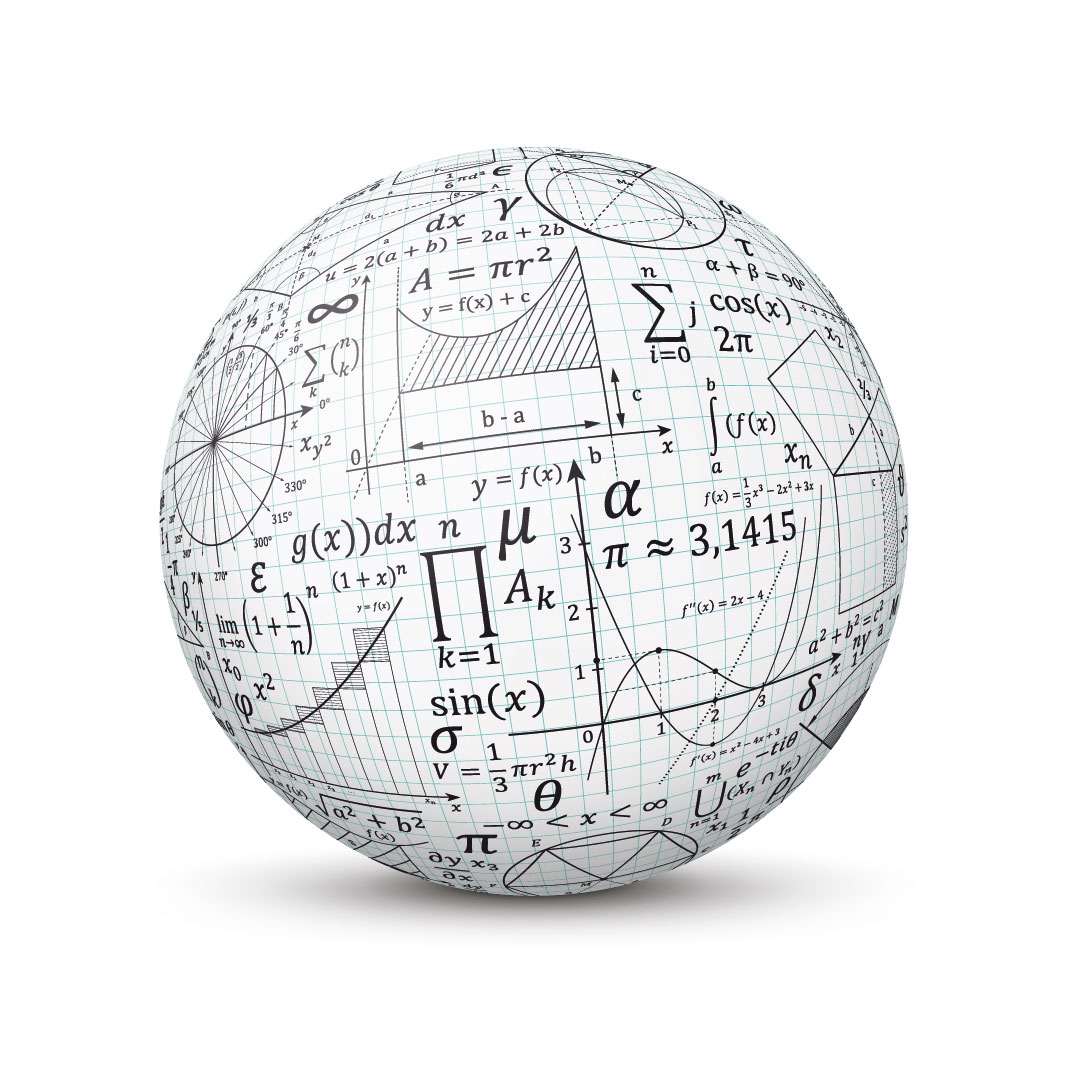
On the minimal ED degree of Segre-Veronese varieties

Abstract
The Euclidean Distance degree $\textrm{EDdeg}_Q(X)$ of an algebraic variety $X$ in an inner product space $(\mathbb{R}^N,Q)$ counts the number of complex critical points of the distance function $x\in X\mapsto Q(v-x,v-x)$ from a generic point $v\in \mathbb{R}^N$ to $X$. Since this invariant of $X$ depends on $Q$, it is a natural problem to find or characterize inner products $Q$ that correspond to the minimal possible $\textrm{EDdeg}_Q(X)$. In my talk I will discuss this question for Segre-Veronese varieties, which consist of rank-1 (partially symmetric) tensors. I will show that with respect to the classical Frobenius product $F(A,B)=\sum_{i=1}^n\sum_{j=1}^m=A_{ij}B_{ij}$, the variety $X$ of $n\times m$ rank-1 matrices has the smallest $\textrm{EDdeg}_F(X)=\min(n,m)$, whereas $\textrm{EDdeg}_Q(X)$ with respect to a sufficiently general inner product $Q$ on $\mathbb{R}^N=\mathbb{R}^{n\times m}$ is much higher.
The talk is based on a joint work with Alan Muniz (Universidade Federal de Pernambuco, Brazil), Luca Sodomaco (KTH, Sweden) and Yang Qi (INRIA Saclay–Île-de-France and CMAP, École Polytechnique, France).
Eventi passati
È possibile consultare gli eventi del precedente ciclo alla pagina dedicata